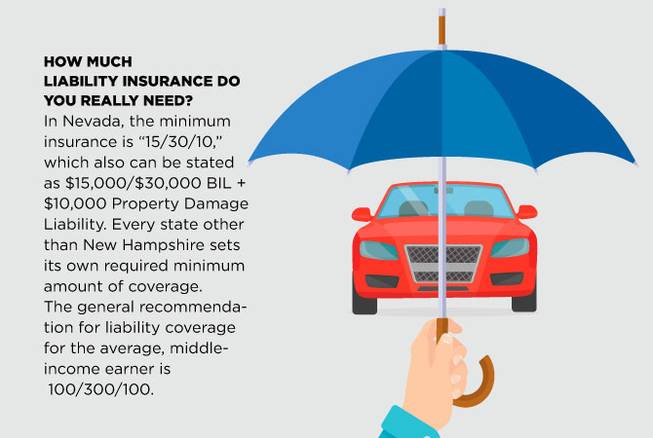Bgroho Insights
Your daily source for news, tips, and inspiration.
Car Insurance Myths That Could Cost You a Fortune
Uncover shocking car insurance myths that could drain your wallet. Don't let misinformation cost you a fortune—read now!
Debunking Common Car Insurance Myths: Protect Your Wallet
Car insurance is often surrounded by a cloud of myths that can lead drivers to make poor choices, potentially damaging their finances. One common misconception is that older cars do not require comprehensive coverage. While it might seem economical to drop this coverage for a vehicle with lower value, doing so can leave you vulnerable to costly repairs or total loss from theft or natural disasters. It’s crucial to assess your personal financial situation and consider how much you can afford to pay out-of-pocket in case of an accident.
Another prevalent myth is that your credit score has no impact on your car insurance rates. In reality, many insurers consider credit history when determining premiums, as a strong credit score commonly correlates with responsible behavior and a lower likelihood of filing claims. Ignoring this factor could lead you to miss out on significant savings. To protect your wallet, consistently monitor your credit and seek ways to improve it, as this can result in lower insurance costs over time.

Are You Falling for These Costly Car Insurance Misconceptions?
Many people unknowingly fall prey to costly car insurance misconceptions that can affect their financial well-being. One common myth is the idea that the color of your car impacts your insurance rates. In reality, insurers do not consider car color when calculating premiums; instead, factors such as driving history, location, and vehicle make and model are the key determinants. By debunking this myth, drivers can better understand how to make informed decisions regarding their car insurance policies.
Another widespread fallacy is the belief that a higher deductible always leads to lower premiums. While in some cases this may be true, it's essential to evaluate your personal financial situation. Opting for a high deductible means you'll pay more out-of-pocket in the event of an accident. Therefore, it's crucial to conduct thorough research and understand all aspects of car insurance before making a decision. Often, discussing your specific needs with an experienced insurance agent can help you avoid the pitfalls of these costly car insurance misconceptions.
5 Myths About Car Insurance That Could Drain Your Savings
When it comes to car insurance, many people fall victim to common misconceptions that can cost them significantly. One prevalent myth is that maintaining a flawless driving record guarantees the lowest premiums. While a good record does help, insurance companies also consider factors such as your credit score, where you live, and even your vehicle's make and model. This means that driving without any accidents isn’t the only factor influencing your rates, and clinging to this belief could lead you to miss out on savings opportunities.
Another myth is that full coverage insurance is always the best choice. While having comprehensive and collision coverage might seem like a safe bet, depending on the age and value of your vehicle, it could be a poor financial decision. For older cars that aren't worth much, paying for full coverage can drain your savings unnecessarily. Instead, consider the value of your car and opt for coverage that aligns with your financial situation to ensure you're not spending more than you need.